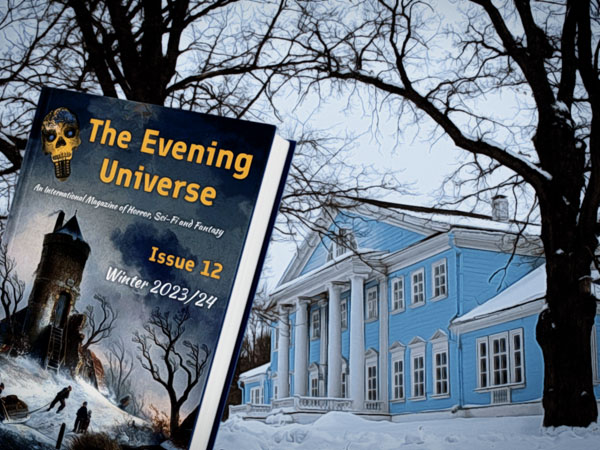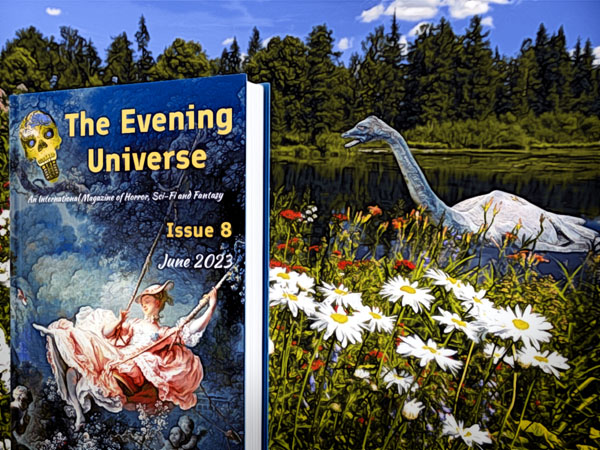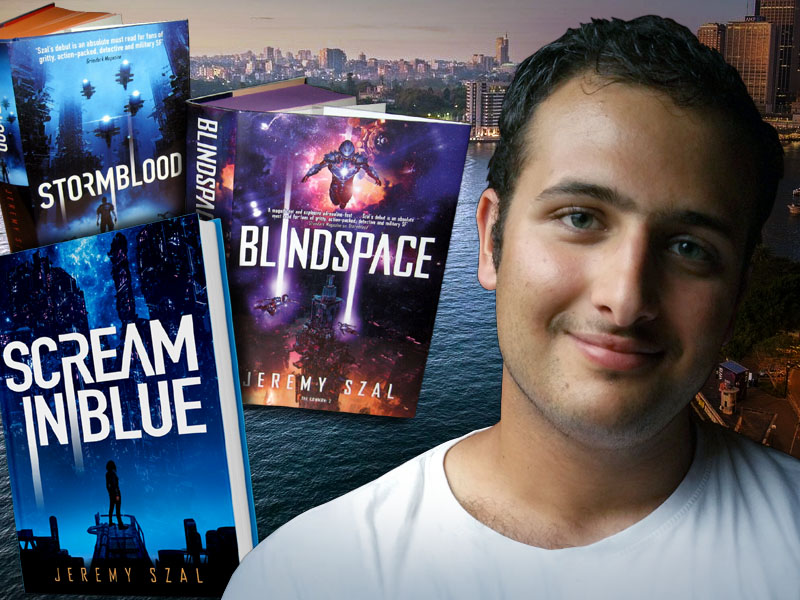
As a person diagnosed with Tourette’s Syndrome who also has a special interest in film, I have scoured everywhere for any crumb that I can possibly find of media that makes me feel represented. There are very few movies and exponentially less TV shows. As of this date, I have not been able to find a single TV show that has a character with Tourette’s that is more than a one-off bit or learning moment for the main character. I am a constant advocate for representation in media, and I especially push for disabled people to be given the platform and opportunity to tell our own stories, since we are too often spoken over by abled voices trying to tell our experiences. I am not against writers including characters with identities and experiences outside of their own, I encourage it! But in order to do this, a writer must be properly informed about and understand what they are writing, and in the case of TS, hopefully consulting real people with the disorder and going in with good intentions and being willing to learn and correct themselves. (This will focus on writing characters for the screen but you can also use some advice here for written stories.)
When going about writing a character with Tourette’s, people often fall into the same issues that occur in trying to write any disability or experience that they themselves do not have. Under-research, falling into or relying on stereotype, falling into glorification/romanticization or even borderline fetishization, turning disabled people into inspiration porn, etc. The intent could be good behind a portrayal, but the execution could fall flat. When someone tries to write about something that they don’t have a personal understanding of, the result will always be short of genuine.
Be aware of the stereotypes in order to avoid them. Do your research properly and thoroughly on Tourette’s—what it is, how it develops, how it functions, how it would impact someone’s life. Read people’s personal experiences, ask people you know IRL who have the disorder (if they are comfortable discussing it with you) or find people online in forums or discussion boards/community pages to answer questions to further inform you.
What needs to be taken into consideration when writing a character with Tourette’s, just like when creating any part of a character’s identity, is how does their disorder inform the character? Why do they have Tourette’s? Especially if you are a writer without Tourette’s who chooses to create a character with TS, why? Obviously people in the world just have Tourette’s, and just like with any identity or way of being we don’t need a “reason” to exist within a story, but a disability is not something you can just casually toss in without having it further inform the character. This does not mean that every character with Tourette’s has to have their whole story revolve around their disability, in fact I would love to see characters that are just people with TS existing casually in stories. But as a writer, it is your job to know why you want your character to have TS—is it because you think having a character with coprolalia will create comedic situations? AKA is it because you want to make a joke out of an already stigmatized disorder that impacts thousands of people very deeply and personally AKA are you a piece of shit? Is this character’s journey about learning not to be “defined” by their disability, and could this lead into inspiration porn territory? Be aware of the presence of Tourette’s in your character’s life.
Know how the disability informs the character. Again, just like with any facet of a character’s identity, know how it informs the character. How do other characters react to the character’s disorder? How does this contribute to their personality? This is a part of their life experience that informs how they interact with the world, other people, and themself. Has their TS made them have experiences of rejection and ostracization that has made it more difficult for them to open up, does it make them more isolated, frustrated, anxious, self-reliant, or have they been able to find acceptance and community because of it? How does their personality interact with the way their disability manifests? These are important things to be thinking about.
Tourette’s is not a joke. It is not “funny haha swearing disease”. It is also not all pain and suffering. People with Tourette’s can absolutely laugh at ourselves, and appreciate when others can laugh with us. With us. Which is not what often happens. More often than not, when writers employ TS it is to make a joke out of the disorder itself and of the people who are affected by it. This is cheap and lazy and not appreciated. Tics can absolutely be funny or create humorous moments or scenarios. I can absolutely acknowledge when I’ve ticced something funny and laugh at it. I’ve flipped off directors, called my music teacher and cast mates bitches, and ticced “kentucky fried bitches” among many other absurd phrases—I would feel much more terrible and alienated if people didn’t laugh with me in moments like these. Tourette’s can be exhausting, painful, annoying, and mortifying, but it would be incorrect to say that there are not sometimes funny moments afforded from it. When you are writing an honest portrayal of something you cannot only show the half that you prefer; you cannot pick and choose the aspects of a disability that best suits whatever narrative you are pushing, whether that be disabled people are wholly comedic relief or that disabled people are wholly miserable. Look at the movie The Road Within (2014) as an example of a good, layered portrayal of TS. In the film there are times when the main character, Vincent, has tics that happen to be funny and are humorous moments. But is also established very early on, in the very beginning of the film, that the disorder itself is not a joke. It is portrayed as a serious part of Vincent that impacts him immensely, and in the first scene, while he is ticcing things that in other contexts could be made a joke (the joke being that he’s saying lewd/offensive words and phrases in public), it is shown to be deeply distressing because he is at his mother’s funeral and struggling very hard to suppress. This is a very real and relatable moment for many, and very well written and acted in the movie.
Know what tics look like and how they work. Tics are as diverse as the individuals that have TS. Be aware of what tics are and how they can manifest. There are motor and vocal/verbal tics, learn about these. Tics are not necessarily constant, people can go long amounts of time without ticcing. Tics can lessen/go away when someone is really calm and focused/concentrated on something (ex. singing, playing music, reading); they get worse when stressed or excited, or in response to other stimuli (for example I tic more when I’m cold), also if someone with TS tries to suppress tics that will often just make it worse and harder to control. Tics can change, and do so frequently for some, but there are often constant, reoccurring tics that people express. Tics can be subtle and not very noticeable to others, things like blinking tics, throat-clearing, breath holding, head tilting, muscle tensing, etc. It is not a monolith, a character should have their own Tourette’s if that makes sense. Know how your character’s tics manifest and behave, how they manage them (such as the things they focus on that makes them tic less), and how you want this to be shown.
I hope this has provided you with some good insight into writing a character with Tourette’s. If you do not have TS, know that you should be advocating for and lifting up the voices and stories of actual Tourettic people to be heard, not speaking over us in favor of your own narrative about us. Doing this and creating characters in your own stories with TS are not mutually exclusive, you can and should absolutely do both, just know that you should never present yourself as truly able to understand experiences you have not lived. Do not remove yourself from the people whose stories you are attempting to tell—always consult us, include us in the creation process, include us in all levels that you can. Don’t ever think that you can tell our story without us, but always be open and willing to include us in your story.











